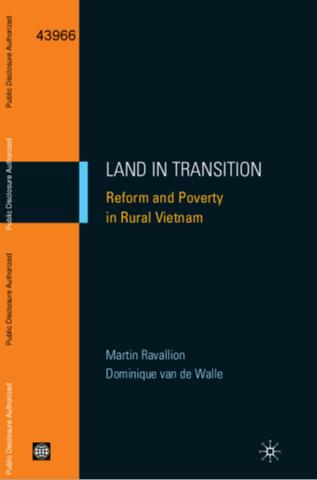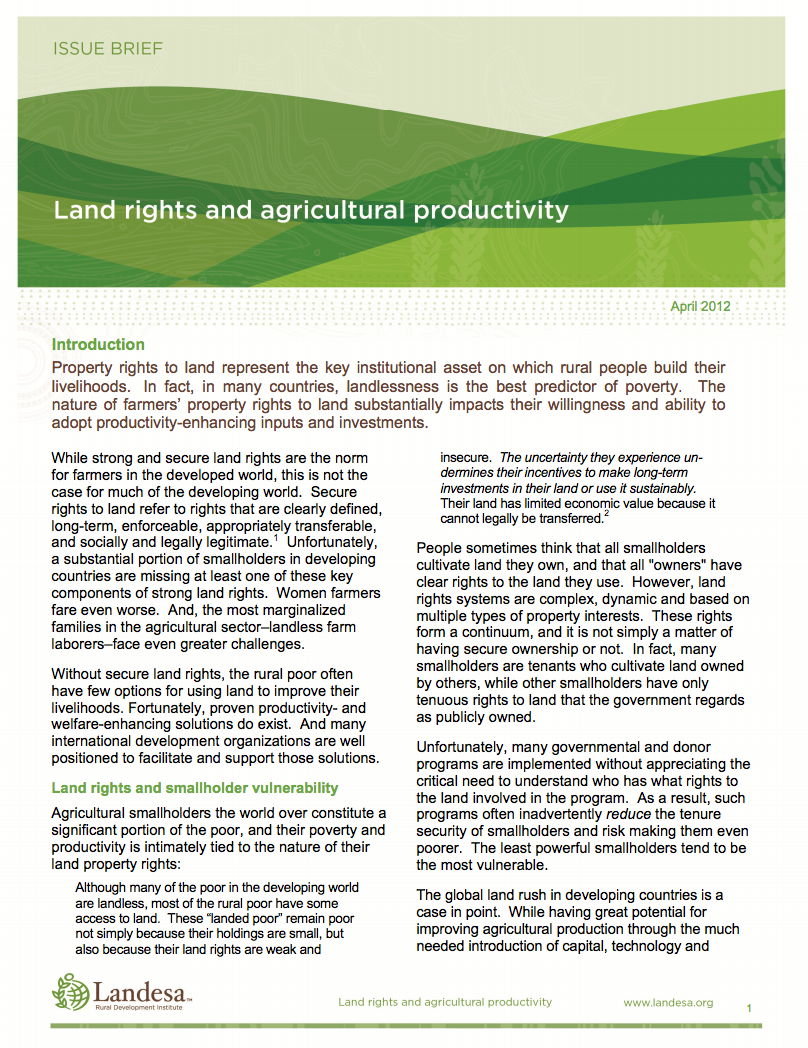Migrant Opportunity and the Educational Attainment of Youth in Rural China
This paper investigates how reductions
of barriers to migration affect the decision of middle
school graduates to attend high school in rural China.
Change in the cost of migration is identified using
exogenous variation across counties in the timing of
national identity card distribution, which made it easier
for rural migrants to register as temporary residents in
urban destinations. The analysis first shows that timing of






